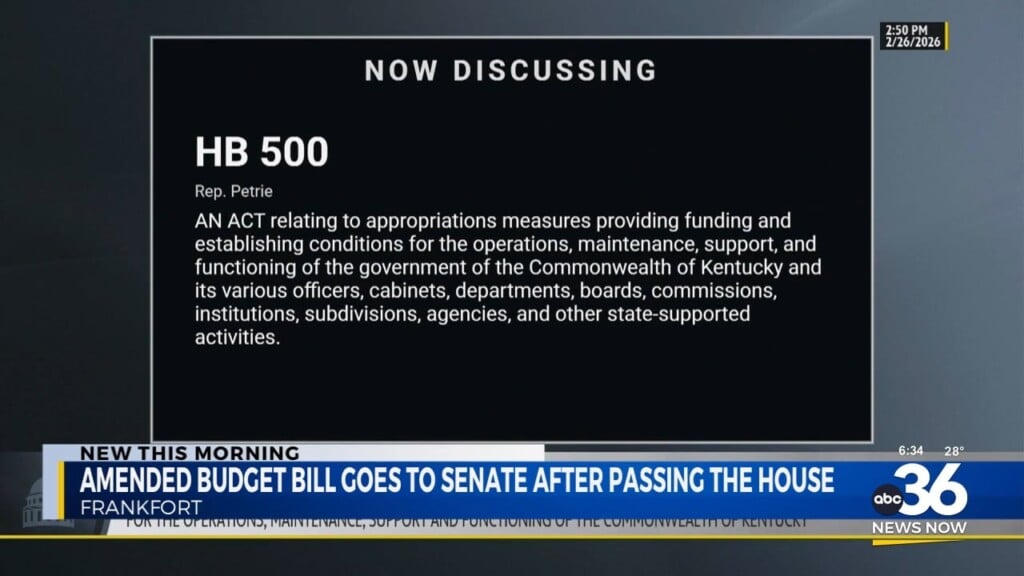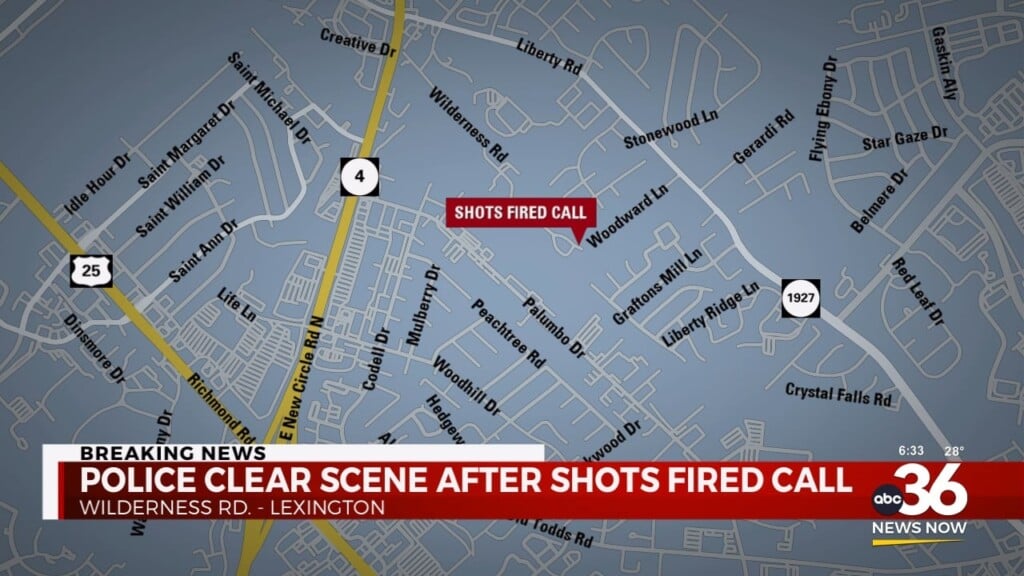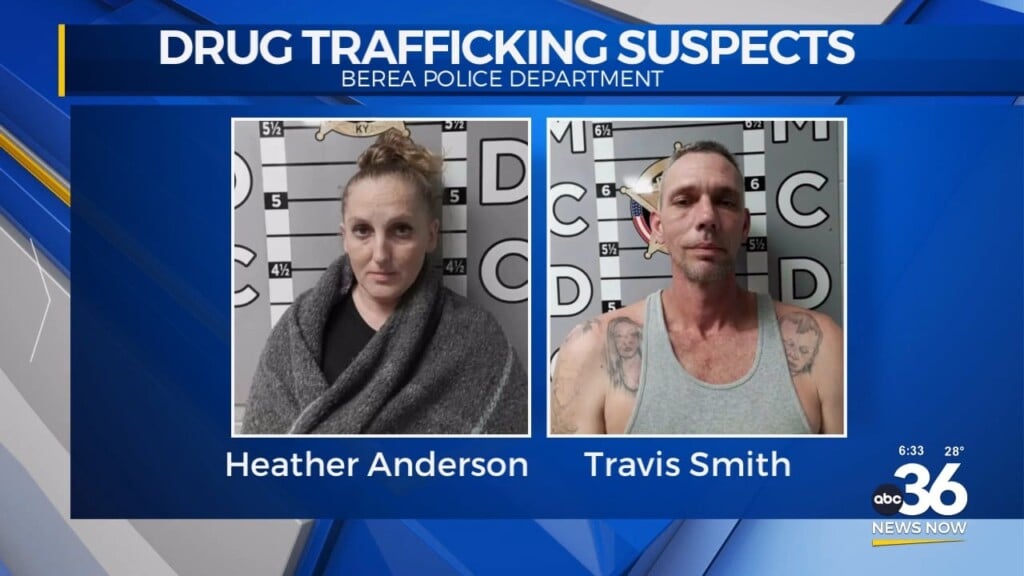SPECIAL REPORT: What is ibogaine?
The push for an alternative to treat opioid addiction
KENTUCKY (WTVQ) — Last month, the chair of the Kentucky Opioid Abatement Advisory Commission stepped down from the role.
Bryan Hubbard had been the chair since 2022, and was appointed by then Attorney General Daniel Cameron to lead the board.
But after a disagreement with the current Attorney General Russell Coleman, over wanting to legalize the psychedelic drug Ibogaine, Hubbard resigned.
In 2020, 81% of overdose deaths in Kentucky involved opioids.
An epidemic that isn’t getting better here in the bluegrass.
Bryan Hubbard, who stepped down last month from his position as chair, says he wants the state to consider Ibogaine as a solution.
“I had unlimited access to opioids,” says Juliana Mulligan was addicted to opioids and heroin, she said she tried rehab.
She tried suboxone and methadone, she says none of it worked, until she tried the psychedelic drug Ibogaine.
We are treating opioid addiction with opioids, “says Hubbard.
Opioid addiction in the bluegrass is important to Bryan Hubbard.
Former Attorney General Daniel Cameron appointed him to the Kentucky Opioid Abatement Advisory Board in 2022.
The board, putting millions toward ending opioid addiction.
“We would look at putting $42 million toward this research over the course of six years, that sum represented 5% of the total amount of the state settlement which is $842 million,” he says.
When Hubbard was on the board, 2.7 million people ages 12 or over struggled with opioid use disorder.
He says those struggling have only two choices, one is quitting cold turkey, the other, “he second model is medically assisted treatment and those come in the form of methadone and a substance called buprenorphine, otherwise known as Suboxone. The medication is more effective than an abstinence based model.”
That’s when Hubbard stumbled upon Ibogaine, a botanical that grows in West Africa.
A psychedelic drug, mainly prescribed to soldiers with PTSD.
“It has profound interruption effects on opioid addiction,” says Hubbard.
Hubbard wants Ibogaine approved so it can be used in opioid treatment, but in order to do that, the new Attorney General Russell Coleman has to sign off on it.
“As Attorney General, it is his prerogative to decide what the commission’s priorities would be,” adds Hubbard.
Coleman, is against Ibogaine, Hubbard chose to resign.
“In our discussion on December the 15th, he said they were gonna be moving in a different direction. And by virtue of my removal, that direction does not include the development of Ibogaine with commission funds, ” Hubbard says coleman is unaware of the positive effects the drug has.
“My hope is that any research projects with Ibogaine with the goal to create a generic available medicine,” says Juliana Mulligan.
“There’s not a great solution for a lot of the problems we have in rural Appalachia, and that’s intergenerational poverty is probably number one and then intergenerational trauma,” adds Jessica Blackburn who used Ibogaine for treatment.
Blackburn says her family pushed for her to take Ibogaine, “I took it one time, and then I did have a relapse and I took it another time and it was, very similar experiences both times.
Both women proving Hubbard’s point, that those struggling with opioid addiction, need to have options, where these kinds of patients would be medically treated, “this is not a recreational substance, it is not to be used in any way that is cavalier or reckless.”
All help fight what looks to be an unending 28 year epidemic, “it requires close careful clinical administration in a medical setting in order to mitigate those risks,” he says.
Hubbard adds that while the project may be dead in Kentucky, the state was one of the first introduce those struggling with another alternative.



